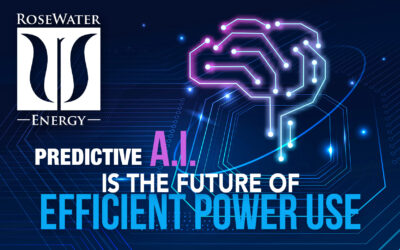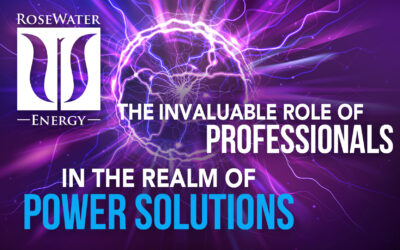In this sound bite from RoseWater Energy’s podcast, “The Role of the Energy Integrator,” Joe Piccirilli emphasizes the importance of power conditioning compared to other energy solutions like generators, renewables, and battery backups. He highlights that power conditioning operates 100% of the time and is never disengaged, unlike generators that only work when the power goes out, which might be around 4% to 5% of the time on a yearly basis. Renewables, on the other hand, work daily, but their output varies depending on weather conditions and time of day. Piccirilli explains that the Rosewater product was designed to consider all these energy inputs, coordinate their usage, and provide power conditioning to as much of the house as the client desires, aligning with customer goals for reliable and consistent energy.
Transcript
Joe Piccirilli:
Because when you look at power conditioning as the factor, unlike a generator or a renewable or a battery backup, power conditioning works 100% of the time. It is never disengaged. Whereas a generator only works when power’s off.
Bobby Brill:
Right.
Joe Piccirilli:
So it might work on a yearly basis 4% of the time or 5% of the time. Renewables work every day, but day being the operative. And how much they generate varies with is it cloudy? Is it a clear day as opposed to a day that is somewhat foggy or somewhat smoggy in some cases?
Bobby Brill:
Sure.
Joe Piccirilli:
That power varies and it certainly varies by time of day and angle to the sun. So all of those things have to be calculated to provide those goals or to accomplish those customer goals. And certainly, without sounding incredibly self-serving, the design of the Rosewater product from its very inception was to take in all of those inputs, all of the energy inputs, coordinate their usage, and provide power conditioning to them as much of the house as the client desires.



